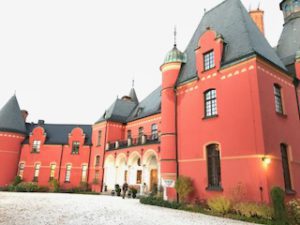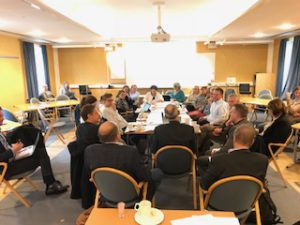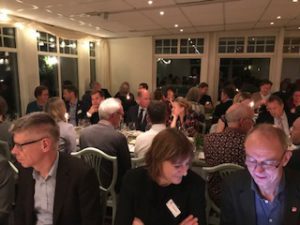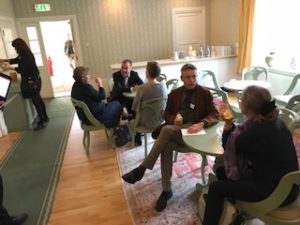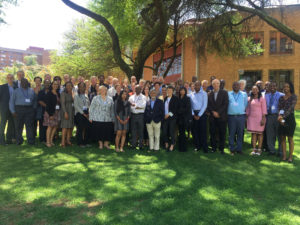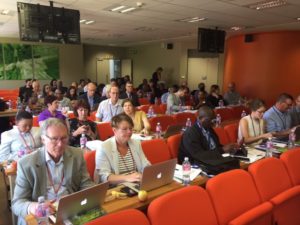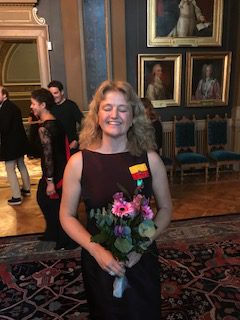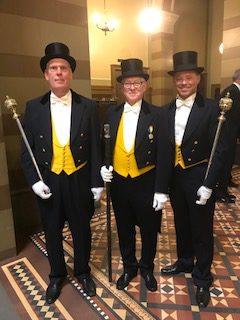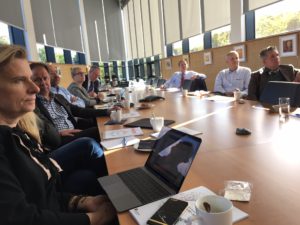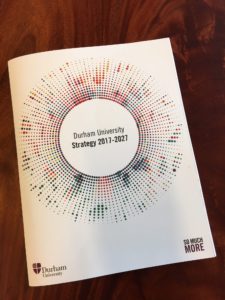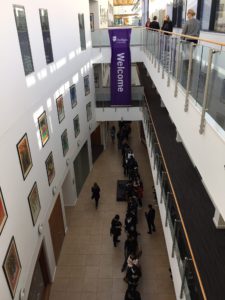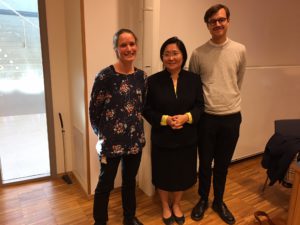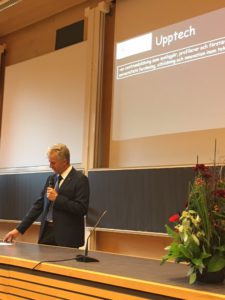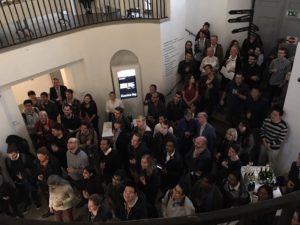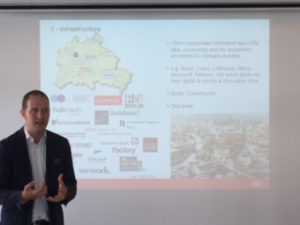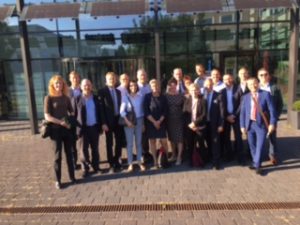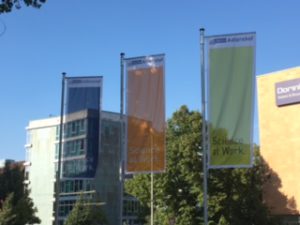(Original Swedish post pubhlished 18 October.)
On Tuesday and Wednesday, the Vice-Chancellor, Deputy Vice-Chancellor, University Director, vice-rectors, deans, administrative heads and others gathered for the autumn semester deans’ meeting, this time at Lejondal Castle. The overnight format provides time for in-depth strategic discussions.
The Vice-Chancellor began with a report on ongoing developments at the University and more broadly. Otherwise, the main topic on the first day was how best to use and address the many recommendations emerging from the Quality and Renewal 2017 (Q&R17) research evaluation. With the final report on the way to the printers in a week or so, Deputy Vice-Chancellor Anders Malmgren and Head of Evaluation Åsa Kettis were able for the first time to give an overall presentation of the many observations, insights and proposals offered by the ample material in Q&R17. The ensuing discussion revolved around questions such as: Do we recognise ourselves in the descriptions and conclusions? What attitude should we take to the recommendations made by the international experts? What should we work on across the University and what is best dealt with by departments, faculties and disciplinary domains?
Several issues were identified that will have top priority for further action across the University. This applies in particular to career and recruitment issues, and how the role of heads of department can be strengthened. The discussion on how best to implement the findings of the Q&R project will continue in various forums and forms, most immediately in the University Board in connection with the presentation of the final report in mid-November.
The first day concluded with information about the government inquiry on governance and resources (STRUT), which concerns the principles and models to be applied by the government in governing and funding research and education at universities and other higher education institutions in Sweden. The inquiry focuses on three areas: principles of governance, range and scale of education provided, and allocation of resources. Anders Malmberg and Planning Director Daniel Gillberg went over the inquiry’s terms of reference and the position Uppsala University has so far taken on the various issues. It will be interesting to follow the inquiry’s progress when its preliminary proposals are revealed round about New Year, and next spring we will have a chance to discuss the issues and proposals directly with inquiry chair Pam Fredman.
On the second day, Daniel Gillberg and HR Director Eliane Forsse gave a progress report on the ongoing work on the skills supply programme, which generally speaking has turned out very well and become a valuable initiative for encouraging strategic thinking on recruitment issues at different levels in the University. We also had a briefing on the new EU data protection regulation that enters into force in May 2018, and finally, Academy Treasurer Kent Berg gave a much-appreciated overview of the activities of Uppsala University Foundations Management of Estates and Funds.

